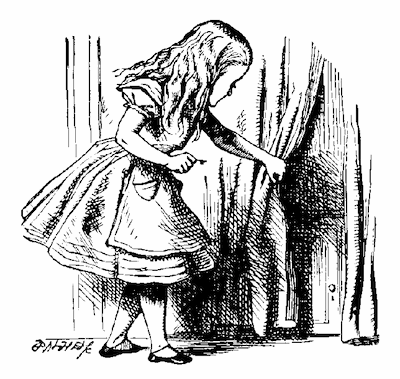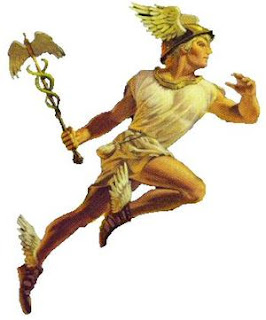Reading Notes: Persian Tales Part B
Reading Notes: Persian Tales Part B
(Saffron crocus: image by Serpico)
The Merchant and the Saffron, translated by D.L.R. Lorimer and E.O. Lorimer and illustrated by Hilda Roberts (1919)
Some of the previous stories in this part of the unit were a little unclear for me at times, and this was one of the stories that was easier to read after those. I think it is because this story does not have any of the dream-like things of the others and there are not many references made that would seem obscure to me. I like that Malik Ahmad ended up being repaid for purchasing the saffron from the merchant. The merchant continued to help him until it seemed things appeared to be more in his favor.
Shah Abbas and the Poor Mother, translated by D.L.R. Lorimer and E.O. Lorimer and illustrated by Hilda Roberts (1919)
I enjoyed several aspects of this story. I like that Shah Abbas is a kind person, since kings are not always kind in stories similar to this. There were a few phrases used that I did not understand, but the context was enough for me to get the gist. As much as I do not generally like the brutality of things like crucifixion, I was glad that the baker and Darhoga were punished for what happened to the poor mother. Stories like this feel more complete when the wrongdoers get payed back for what they have done and though I don't quite agree with the punishment they received, I think this is a good example of that.
The Story of the Baker and the Grateful Fish, translated by D.L.R. Lorimer and E.O. Lorimer and illustrated by Hilda Roberts (1919)
This story combines some of the elements from the previous two mentioned above. The baker is repaid for his kindness when the fish help him, similar to how Malik is helped in his story. The deceptive merchant is also payed back for his wrongdoing, which is similar to what happened in the story of Shah Abbas. However, I think the merchant's punishment in this story is more justified and equal since it was exactly what he did to the baker. The difference is that the baker lived, but the merchant did not.




Comments
Post a Comment